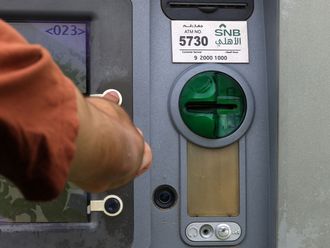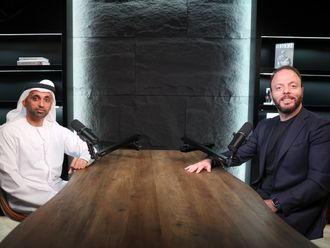Washington: Record-low interest rates are still needed to rev up the US economic recovery, Federal Reserve Chairman Ben Bernanke told the US Congress yesterday.
Bernanke, in testimony to the House Financial Services Committee, essentially repeated the rationale behind the Fed's decision last week to hold rates near zero. He cited still-fragile economic conditions, and noted that inflation is low, which gives the Fed leeway to keep rates at rock-bottom levels.
The Fed chief didn't offer new clues about when the central bank might reverse course and start tightening credit. He said that would need to happen when the "expansion matures." Some investors and analysts think higher rates could come in the autumn.
Deciding when to tighten credit is the biggest challenge facing Bernanke, whose second term started in February. Moving too soon could short-circuit the recovery. Waiting too long could unleash inflation and sow the seeds for new speculative bubbles in stocks or commodities or other assets.
"The key point… is that the Fed is no closer to implementing its exit strategy," said Paul Dales, economist at Capital Economics. Bernanke's remarks suggest "he is in no hurry" to raise rates, Dales said.
On Wall Street, the Dow Jones industrial average was up more than 80 points in morning trading yesterday — and broader markets also rose, after a report showed that fewer Americans filed initial jobless claims than economists expected.
The Fed's decision to keep rates at record lows for an "extended period" drew one dissent.
Thomas Hoenig, president of the Federal Reserve Bank of Kansas City, expressed concern that low rates could cause a buildup of "financial imbalances" and put the economy's stability at risk. Analysts took that to mean low rates could spur a new speculative bubble later on that could burst and hurt the economy.
A housing boom that went bust thrust the country into the worst economic and financial crises since the 1930s.












